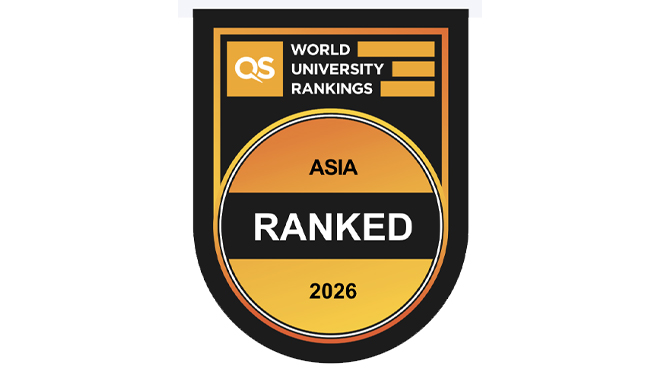Top 5 Bangladeshi universities in QS rankings
Top 5 Bangladeshi universities in QS rankings

Bangladesh has seen a record 46 universities included in the QS Asia University Rankings 2026, though none managed to secure a position within the top 100, reflecting the country’s continued struggle for global competitiveness in higher education.
The rankings, published on 4 November by UK-based higher education analyst Quacquarelli Symonds (QS), evaluated 1,529 universities across Asia, the largest edition to date. The results underscore both Bangladesh’s growing representation and the persistent gap in research performance, internationalisation, and academic reputation compared to regional peers.
The University of Dhaka (DU) remains Bangladesh’s top-ranked university, positioned 132nd in Asia, though it slipped 20 places from last year’s 112th. The North South University (NSU) ranked 149th, maintaining its spot as the country’s leading private university and second overall, followed by the Bangladesh University of Engineering and Technology (BUET) at 165th.
NSU’s move from 155th to 149th marks its first-ever entry into Asia’s Top 150, a milestone Vice-Chancellor Professor Abdul Hannan Chowdhury described as “a testament to the collective effort of students, faculty, staff, and alumni.”
He added that the rising number of Bangladeshi institutions in the QS rankings “reflects positive progress for the nation’s higher education landscape.”
In the QS Regional Rankings for Southern Asia, NSU ranked 18th, just behind Dhaka University at 17th.
Other notable Bangladeshi entries include:
3rd place is Daffodil International University (221st)
4th is BRAC University (260th)
5th isJahangirnagar University (304th) and subsequently Shahjalal University of Science and Technology (337th), Bangladesh Agricultural University (378th), Chittagong University of Engineering and Technology (385th), Khulna University of Engineering and Technology (414th), Islamic University of Technology (448th), Khulna University (454th), and Rajshahi University of Engineering and Technology (470th).
Private universities such as East West University (491st), Independent University, Bangladesh (574th), and United International University (651st) also featured among the ranked institutions.
Despite the growing number of Bangladeshi universities on the list, the country lags far behind its South Asian counterparts. India dominated with 148 universities, including several in Asia’s top 10, such as IIT Bombay, IIT Delhi, and the Indian Institute of Science.
Singapore’s National University (NUS) retained the top spot in Asia, followed by Peking University (China) and The University of Hong Kong.
In contrast, Bangladeshi universities continue to perform poorly in key QS indicators such as academic reputation, research citations per paper, international faculty and student ratios, and employer reputation.


